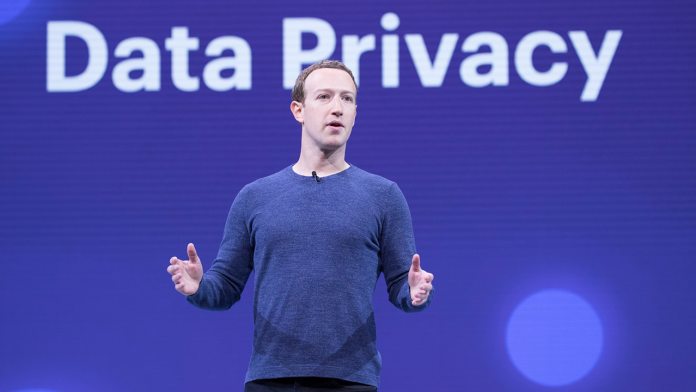Under the new model, the various platforms would remain independent, but users would be able to message people on other social media. An Instagram user could message someone on Facebook or WhatsApp without leaving Direct, for example. This raises natural concerns about user’s privacy. WhatsApp is the only one of the three to feature always-on end-to-end encryption. This ensures messages can only be read by the sender and receiver, and can’t even be read by Facebook. As a result, sources say Zuckerberg has ordered all the apps to implement end-to-end encryption. In general, it’s a massive change for the apps, and NYT says it will require a reconfiguration at their base levels.
Broken Promises
It also goes somewhat against Facebook’s promises. When he acquired WhatsApp and Instagram, Zuckerberg spoke about the importance of them having a large degree of autonomy. Now, the three services will be integrated at a basic level. Though end-to-end encryption would stop the messages from being intercepted, that doesn’t mean Facebook can’t collect information in other areas. It could, for example, retain data on who its users are messaging, even if their friend doesn’t have Facebook. This lack of independence is likely why the founders of both WhatsApp and Instagram have left the company. Instagrams founders left last fall and the final WhatsApp founder in May 2018. At the time, The Washington Post reported that WhatsApp’s Jan Koum fundamentally disagreed with the services strategy. He allegedly believed Facebook was attempting to weaken WhatsApp’s encryption and use personal data. This went against what the company was promised when it joined Zuckerberg’s empire. In a statement after the acquisition, the company assured users it would not be sharing its data or allowing its use to target advertisements. Assumedly, WhatsApp have no choice but to share data under a new, cross-platform service. WhatsApp requires a phone number to access, while Facebook Messenger and Instagram don’t. “As you would expect, there is a lot of discussion and debate as we begin the long process of figuring out all the details of how this will work,” said a Facebook spokesperson about the plans. Either way, the motivation for Facebook is clear. Unifying messaging platforms means less app switching, which leads to more time on the respective services. Further, the convenience of a universal messaging platform could win some users over from texting or iMessage.




